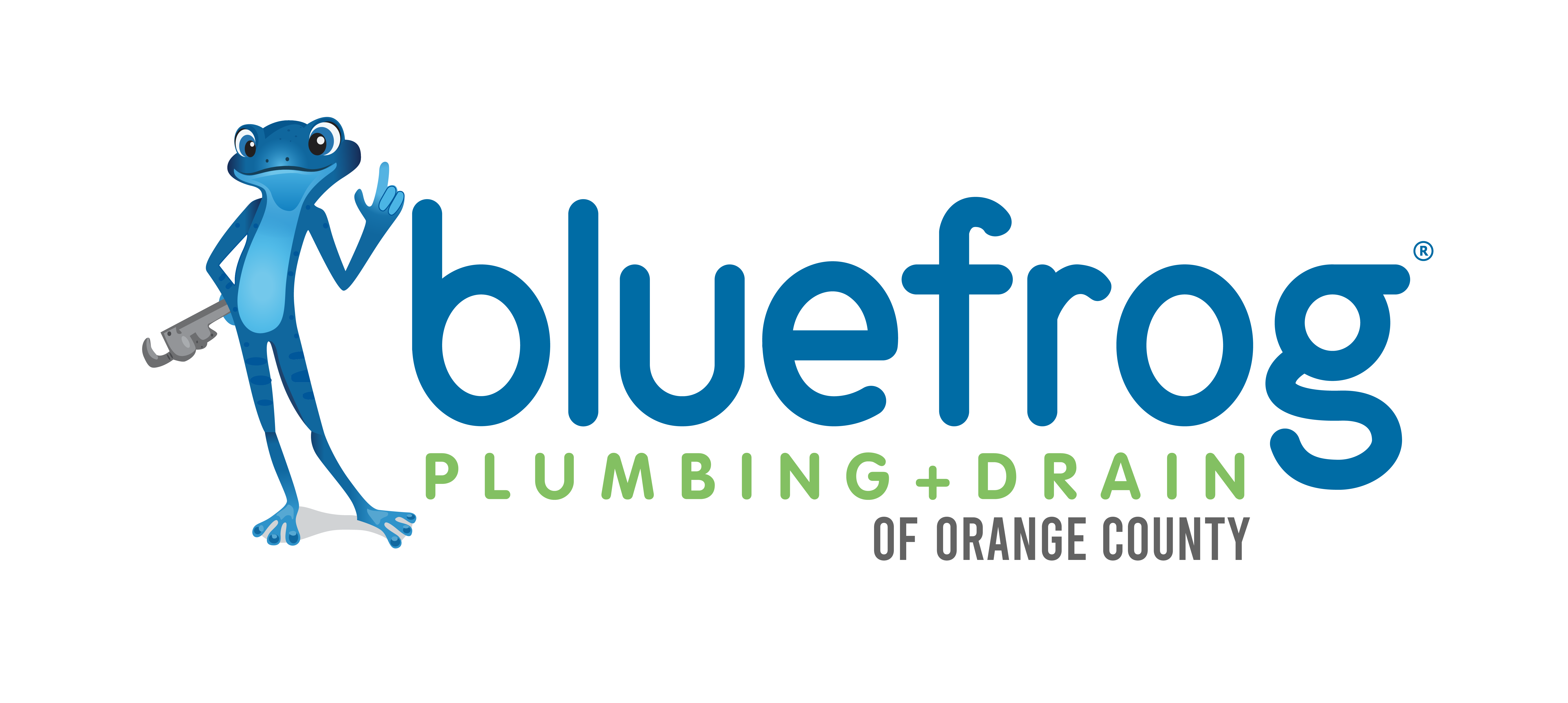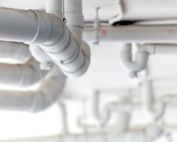As homeowners in Orange County search for energy-efficient solutions to reduce utility costs and lessen their environmental impact, tankless water heaters have emerged as a popular choice. These compact, on-demand units provide hot water only when needed, eliminating the energy losses associated with traditional storage tank water heaters. However, deciding between gas and electric tankless water heaters can be a daunting task. In this blog, we will delve into the key differences between gas and electric tankless water heaters, exploring tankless water heater pros and cons, so you can make an informed decision on the best option for your home. Let’s dive into the world of tankless water heating and discover the right solution for your hot water needs!
Gas Tankless Water Heaters
First, let’s take a look at a gas water heater option. As you consider your options for a tankless water heater, it’s essential to understand the workings, benefits, and drawbacks of gas-powered units. This knowledge will enable you to make an informed decision based on your home’s specific needs.
Gas tankless water heaters use either natural gas or propane as their fuel source. When you turn on a hot water tap, cold water flows through a pipe and into the unit. A gas burner then heats the water on demand, providing a continuous supply of hot water without the need for a storage tank. The heated water is then delivered to your tap or appliance for use.
Advantages
- High Flow Rate and Performance: Gas tankless water heaters generally offer a higher flow rate compared to their electric counterparts, making them an ideal choice for households with high hot water demands, such as simultaneous shower usage or multiple appliances running.
- Energy Efficiency: These units are highly energy-efficient, as they only heat water when needed, which minimizes energy waste associated with traditional storage tank water heaters. This efficiency can translate into significant savings on your energy bills.
- Potential Utility Rebates and Incentives: Many utility companies and local governments offer rebates and incentives for installing energy-efficient appliances like gas tankless water heaters, which can help offset the initial investment cost.
Disadvantages
- Higher Upfront Cost: Gas tankless water heaters generally have a higher purchase price compared to electric units. Additionally, installation costs may be higher due to the need for gas line connections and venting systems.
- Ventilation Requirements: Proper ventilation is crucial for gas tankless water heaters to ensure the safe removal of combustion gases. This may involve installing venting systems or making modifications to existing venting, which can increase installation complexity and cost.
- Periodic Maintenance: Gas tankless water heaters typically require more frequent maintenance than electric models, including burner cleaning, venting system inspection, and annual servicing by a professional. These maintenance tasks are essential for maintaining optimal performance and safety but can add to the long-term cost of ownership.
Electric Tankless Water Heaters
Next, let’s take a look at electric alternatives. Before deciding on the best tankless water heater for your home, it’s crucial to explore the features, benefits, and drawbacks of electric-powered units. With this information, you can make an informed decision based on your specific needs and preferences.
Electric tankless water heaters use electricity to heat water on demand, as opposed to relying on a gas burner. When you turn on a hot water tap, cold water flows through a pipe and into the unit. Electric heating elements then heat the water as it passes through, providing an instant and continuous supply of hot water without the need for a storage tank.
Advantages
- Lower Upfront Cost: Electric tankless water heaters generally have a lower purchase price compared to gas units. This makes them an attractive option for homeowners looking to save on initial costs.
- Easy Installation: These units are easier to install than gas models, as they don’t require gas line connections or venting systems. This simplicity often results in lower installation costs and a faster installation process.
- Minimal Maintenance: Electric tankless water heaters typically require less maintenance than their gas counterparts. With no combustion process, there are fewer components that need regular servicing, making them a low-maintenance choice for homeowners.
Disadvantages
- Lower Flow Rate and Performance: Electric tankless water heaters tend to have a lower flow rate compared to gas models, which may not be sufficient for homes with high hot water demands. This limitation might require adjustments in usage patterns or the installation of multiple units to meet hot water needs.
- Potential Need for Electrical Upgrades: Some homes may require electrical system upgrades, such as adding a new circuit or increasing the amperage of existing circuits, to accommodate the electrical demands of an electric tankless water heater. These upgrades can add to the overall installation cost.
- Limited Availability of Incentives: Electric tankless water heaters often have fewer incentives and rebates available compared to gas models. This means that homeowners might not receive the same financial benefits when opting for an electric unit.
Looking For Tankless Water Heater Installation In Orange County?
At bluefrog Plumbing + Drain of Orange County, we’ve been installing and replacing tankless water heaters for many years. Our team is well-versed in the top tankless water heater makes and models, and we can even give suggestions to make your tankless heater last longer than expected. Contact us today to inquire about our tankless water heater services.

Slab Leaks: A True Plumbing Emergency
Home building following World War II was aggressive, so many houses were built on cement foundations to reduce the time it took to build them and to keep costs at a minimum. They were
How To Extend The Life Of Plumbing Pipes
A plumbing system consists of a complicated series of pipes, fixtures, and appliances that provide the infrastructure to run a well-functioning home. In this article, we will focus solely on plumbing pipes and ways
3 Silent Signs You Have A Plumbing Problem
Some plumbing issues announce themselves with a fury such as a drain backing up with sewage or a burst pipe, while others remain silent and destructive. In this article, we will reveal 3 signs



